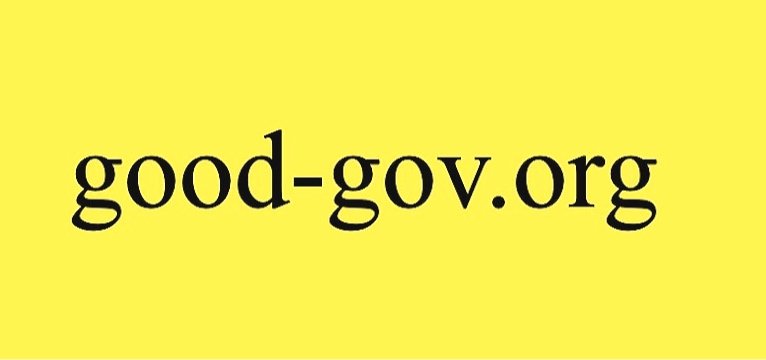The Broken Nashua Court System
In February 2020, my Attorney filed a right-to-know lawsuit against the City of Nashua for information requests involving the Nashua Assessing Office. The information requests began in September 2018; I was struggling to get the information I thought should be public.
March brought in COVID and all city operations changed, including those in the Nashua court system. There were no more in-court hearings. Nashua Superior Court set up telephonic hearings for civil cases. Having never filed a lawsuit and retained an attorney, this was a new experience. I was told that because it was a Right-to-Know lawsuit, the process would be a priority. This has not been the case.
Since the Governor’s orders lifted the state of emergency, I have had approximately 10 telephonic hearings. The Nashua Court system apparently never learned how to or did not care to switch to a video format, which, from the perspective of the citizen, had a negative impact on these hearings.
I have never met “Oz”, the man behind the robe. The judge remained a mysteriously, rarely heard voice and never seen face. The faces of the attorney's never appeared either. Twelve months of this court style leaves one to believe that the Court has little interest in these cases. The Judge is this case is not engaging. Without being able to see a face and read an expression, there were no visual cues to help guide the attorneys and questions were rarely asked to spark intellectual engagement. The process left a void.
From an effectiveness and educational perspective, if I was able to rate the court process like rating a college course, it would merit a “D-” for lack of engagement, lack of presence, lack of technological sophistication, and lack of overall interest.
I had the opportunity to listen to several civil cases up in the Concord Superior Court. The hearings were platformed through zoom. The Judges carried a very real, visible presence and engaged both sides with questions. As a spectator, I was able to hear and see the arguments of both sides. It is amazing how much better you hear when you can see. They were educational to watch.
The method by which these civil cases have been handled in Nashua over the last year has been a real disservice to the taxpayers, litigants and the City. The Nashua Court should, at least, process these cases on a legitimate digital audio, video platform and quickly clear priority cases.
Citizens are at an interesting crossroads in Right-to-Know cases. Newspapers historically have carried many of these court challenges, opening records and creating greater access for all of us. This media source has evaporated; Nashua no longer has a daily newspaper. Citizens will struggle to bring these cases into court as attorney interest is low and citizens cannot recoup the high costs of litigation.
The Courts have an obligation to take our access to records seriously and treat these cases with the priority and importance they deserve.
A series of articles is forthcoming sharing a citizen’s perspective on the court process regarding Right-to-know cases, summary judgment, case structuring, pro se cases, the Court’s orders and the City’s responses.
